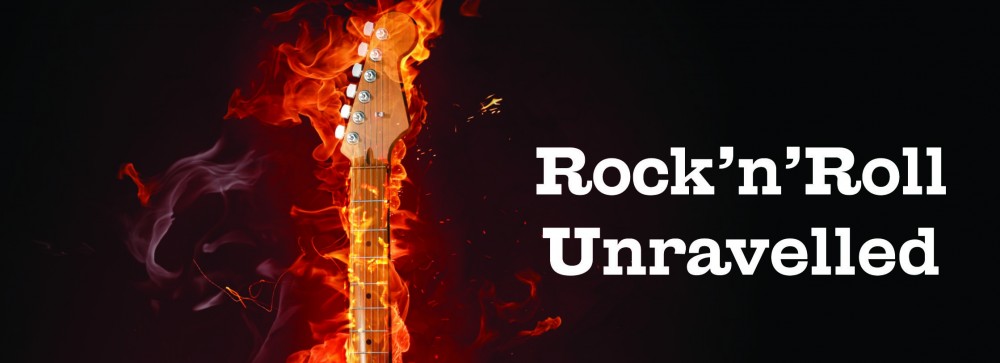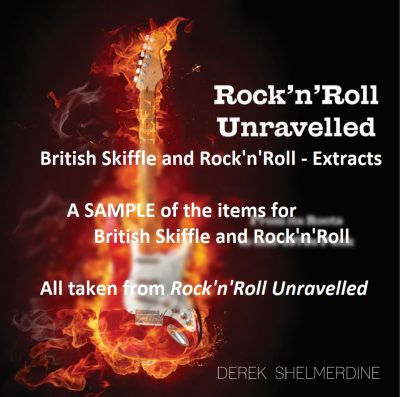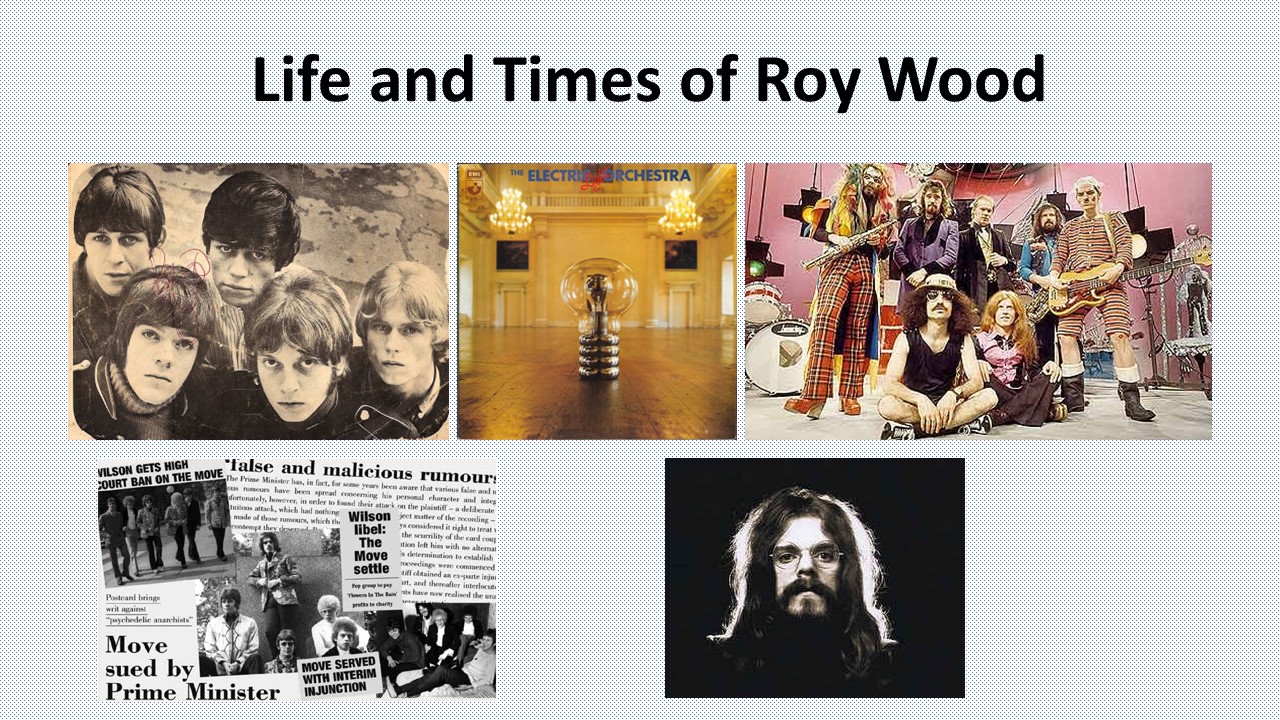British Skiffle and RocknRoll Extracts
The following items are taken from the pages of Rock’n’Roll Unravelled and show the highlights in the development of British skiffle and rock’n’roll. There are only a few of the items here, to give a flavour of the story; the book has a far more comprehensive coverage. British Skiffle and RocknRoll Extracts
(An * with a date indicates an associated story in Rock’n’Roll Unravelled, that story might not appear here.)
THIS IS ONLY A SMALL SELECTION OF THE INFORMATION ABOUT BRITISH SKIFFLE AND ROCK’N’ROLL TO BE FOUND IN THE PAGES OF Rock’n’Roll Unravelled
Contents – British Skiffle and RocknRoll Extracts
- 2 September 1953: Ken Colyer’s Jazzmen recorded New Orleans to London
- 24 September 1956: Tommy Steele and the Steelmen recorded Rock with the Caveman
………………………….
2 September 1953: Ken Colyer’s Jazzmen recorded New Orleans to London
Ken Colyer’s Jazzmen recorded New Orleans to London, one of British jazz’s most influential albums. As well as trumpeter Ken Colyer, the lineup included trombonist Chris Barber and banjo player Tony Donegan, shortly to become “Lonnie” Donegan.
When Ken Colyer returned to England, fellow jazz band leader Chris Barber had already put a band together to welcome him back. This band included some of his old band mates from the Crane River Jazz Band and also Tony (Lonnie) Donegan from his own band. They called themselves “Ken Colyer’s Jazzmen” to capitalise on Colyer’s fame from playing with New Orleans jazzmen during his brief stay in America.
Skiffle’s Roots in Trad Jazz
Ken Colyer’s Jazzmen recorded New Orleans to London with the classic original lineup of Ken Colyer and Chris Barber. Both band leaders incorporated skiffle groups and were two cornerstones in the development of rock’n’roll in the UK.
British rock’n’roll grew out of skiffle, which in turn grew out of trad jazz. In the early 1950s one of the most popular strains of British jazz was trad (traditional) jazz, which was rooted in New Orleans jazz. Two of the unsung heroes of British rock’n’roll had been leading their own trad jazz combos since the late 1940s. Chris Barber’s Jazzmen started out as an amateur band and featured the future godfather of British blues, guitarist Alexis Korner. Ken Colyer had formed his first jazz band, the Crane River Jazz Band, in the late 1940s. By 1952 he had become disenchanted with the British jazz scene and took himself off to America to play with some of his music heroes in New Orleans. In March 1953 he returned to Britain, after being deported by the American authorities for not having a visa. Chris Barber welcomed him back with a readymade band and as “Ken Colyer’s Jazzmen” they recorded the album New Orleans to London.
By mid-1954 Barber had parted company with Colyer. When he left, Barber took the rest of Colyer’s band with him and became Chris Barber’s Jazz Band. Colyer put together another band and recorded the album Back to the Delta on 10 September*. This album contained skiffle tracks featuring guitarist Alexis Korner. Meanwhile, Chris Barber recorded his own album New Orleans Joys on 13 July*, this included skiffle tracks featuring Lonnie Donegan. One of the Donegan skiffle tracks, a cover of Lead Belly’s Rock Island Line, was released as a single in November 1955 and ignited the British skiffle scene – which soon morphed into rock’n’roll.
24 September 1956: Tommy Steele and the Steelmen recorded Rock with the Caveman
Tommy Steele made his first visit to the recording studio, to record Rock with the Caveman. At that time the British charts were dominated by American acts, with the occasional oasis of British skiffle from Lonnie Donegan. Rock with the Caveman was the first British rock’n’roll hit single. It was written by the songwriting team Tommy Steele, Lionel Bart and Mike Pratt, who wrote much of Steele’s material.
The trio had previously played in skiffle bars as “The Cavemen”. This changed when singer Tommy Hicks was signed up by Larry Parnes, who changed his name to “Tommy Steele”. The song was recorded by the three Cavemen as “Tommy Steel and the Steelmen”, with additional session musicians that included jazz saxophonist Ronnie Scott.
To be continued…




Hello, this weekend is nice designed for me, for the reason that this point in time i am reading this fantastic educational post here at my residence.